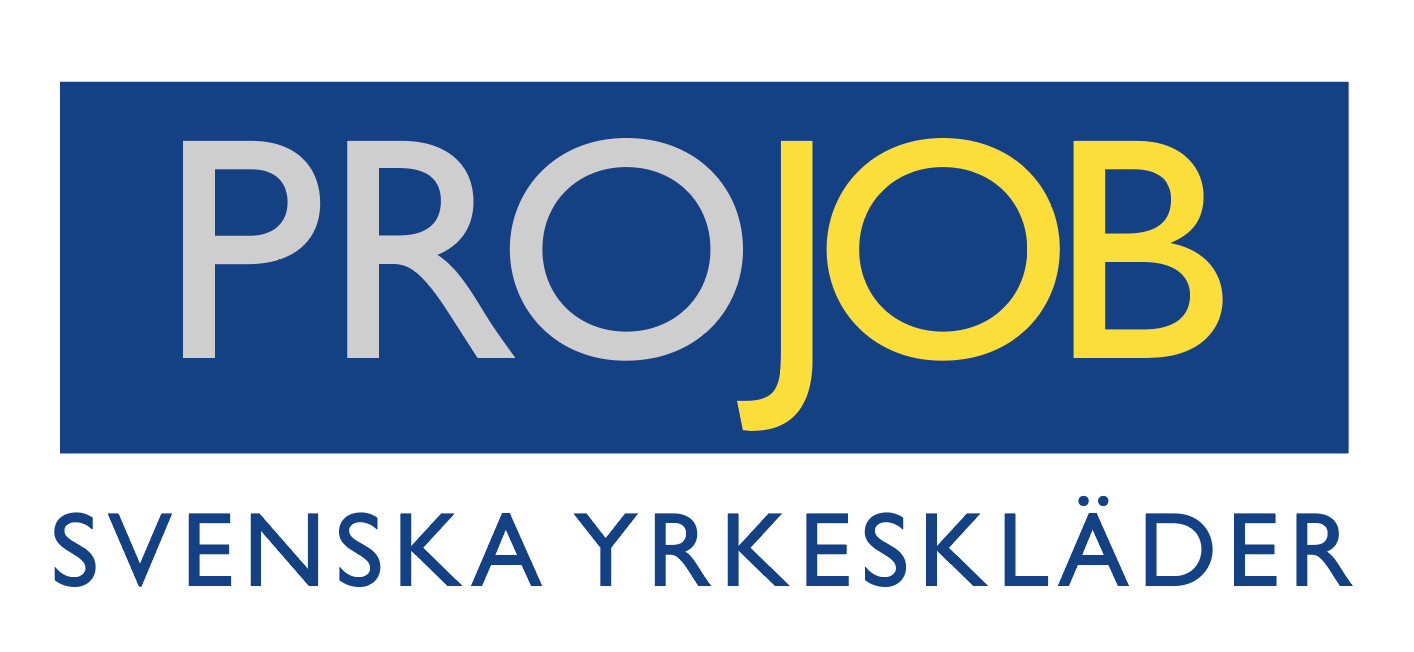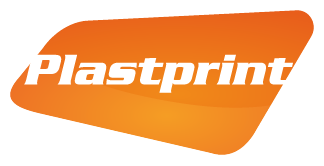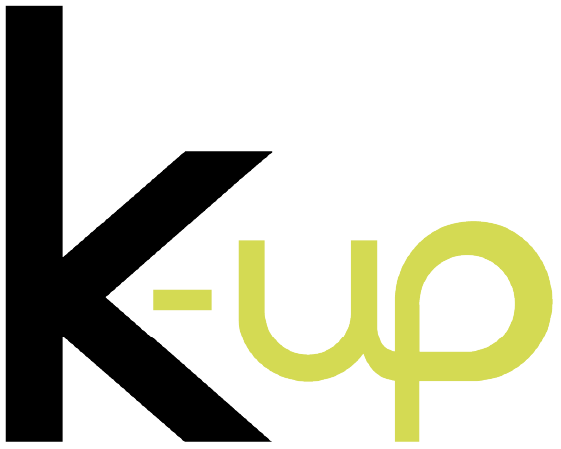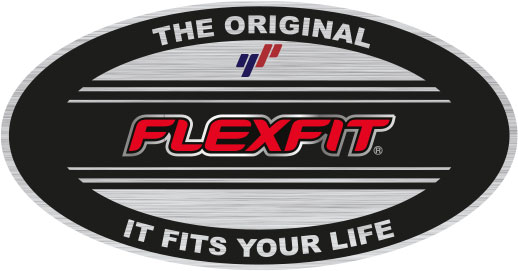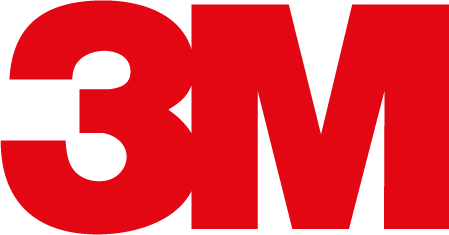According to PayScale, financial controllers earned average salaries of $85,740 per year, while CFOs earned $137,290 per year as of October 2021. Explore programs of your interests with the high-quality standards and flexibility you need to take your career to the next level. Integrity Network members typically work full time in their industry profession and review content for Accounting.com as a side project.
Pass the Ethics Exam (not required in all states or jurisdictions)
If you’re considering pursuing a master’s degree in Accounting, here is a guide to help inform your decision. Instead, due to the popularity of leniency in this what gamestop gains and losses mean for your taxes area, you have several options for fulfilling the CPA work experience requirement. The process of earning 150 credit hours is simpler than most of us realize.
Education Requirements for CPA Certification
The ethics exam is an exam that covers the American Institute of Certified Public Accountants (AICPA) Code of Professional Conduct and Accounting Rules. It examines how well a future CPA would handle professional ethics questions they may encounter during their time working in the accounting profession. The exam is a reminder to CPAs about the conduct expected and required of them when working with and in professional organizations. As you explore how to become a CPA without a degree in accounting, you should also consider the other demands on your time. When students ask me about my work-life balance when I started out in public accounting, I answer that it was easy. When I started my career, I had relocated to Atlanta where I really didn’t know anybody.
How to Become a CPA
- This means you must have at least a bachelor’s degree or equivalent professional certification.
- Depending on where you want to go in your career and what types of jobs you want to be eligible for, having an accounting degree may not be necessary.
- Engage in continuous learning by reading accounting journals, publications, and online resources.
- You can learn more about becoming an EA if that is your chosen career path.
Plus, many EA study courses are available to help you become an Enrolled Agent, so you don’t have to go it alone. For instance, if you read my article Gleim EA vs Surgent EA, you can read about two of the top EA prep courses to get started. Gleim EA Review is the most popular course, but Surgent EA is known for helping EA candidates reduce their study time. Another popular option is TaxMama, which is really for EA candidates who don’t have much previous experience in tax preparation. As mentioned above, it can be easier to get into this field without a degree if you’re looking to work in management accounting.
States That Don’t Require 150 Hours of Education
You will also need to meet the 150 general higher education credit requirement in order to demonstrate that you have enough experience. Most four-year degrees will leave you with 120 hours, which is why many students turn to a master’s program to help them reach the 150 mark. If you’re a non-accounting major, this can be an opportunity for you to take accounting classes to boost your credits. For candidates who don’t meet the minimum education requirements, the IIA has made another way to CIA eligibility. Specifically, the IIA may approve candidates with at least 7 years of verified experience in internal audit or its equivalent.
Ensure that the coursework covers essential topics required for CPA certification, such as financial accounting, auditing, taxation, and managerial accounting. By following these steps and putting in the necessary effort and dedication, you can become a CPA without an accounting degree. It may require additional time and commitment, but the career opportunities and professional recognition that come with the CPA certification make it all worthwhile.
Most CPA candidates spend 200 to 400 hours of time studying for the CPA Exam. Candidates may spend 20 to 25 hours per week preparing for the exam over a period of months. Becker’s study what is irs form 8379 planner will help you structure your time studying for maximum efficiency on your journey to becoming a CPA. At a minimum, you only need to meet your state’s education requirements.
Now that we have discussed the educational requirements, let’s explore alternative paths available for individuals without an accounting degree who aspire to become CPAs. It’s important to carefully review the educational requirements of your state board of accountancy https://www.quick-bookkeeping.net/setting-up-payroll-for-small-business/ to ensure you meet all the necessary coursework criteria. If you’re unsure about any aspect of the requirements, consider reaching out to your state board for clarification. Passing the CPA exam is a significant milestone on the path to becoming a CPA.
So, the range of CPA class requirements among jurisdictions is fairly broad. Several jurisdictions also specify the number of lower-level accounting and business credit hours that each candidate must complete. You will also need to have 1 to 2 years of relevant job experience on your resume in order to receive your CPA certification. As an accounting major, this can be easier as you may have an internship or school-sponsored job to help you cover this requirement. However, non-accounting majors can still fulfill this requirement by working for a few years in a public accounting job.
By becoming a CPA without an accounting degree, you are opening doors to exciting career opportunities in finance, accounting, auditing, and beyond. Your expertise and knowledge will be highly valued in various industries and organizations as you contribute to their https://www.quick-bookkeeping.net/ financial success. If you follow these steps and fulfill the requirements set by your state board, you are well on your way to achieving your goal of becoming a successful CPA. After completing each section of the CPA exam, you will receive a score report.



